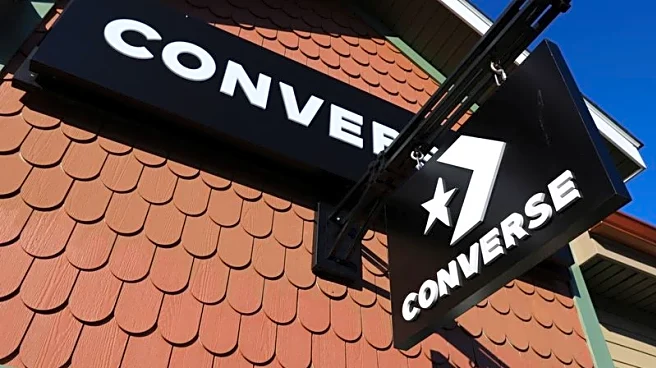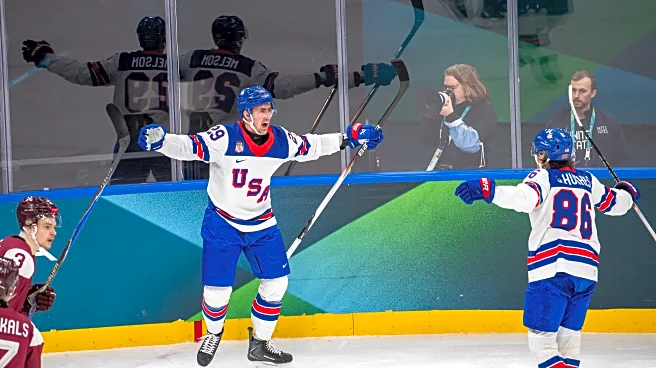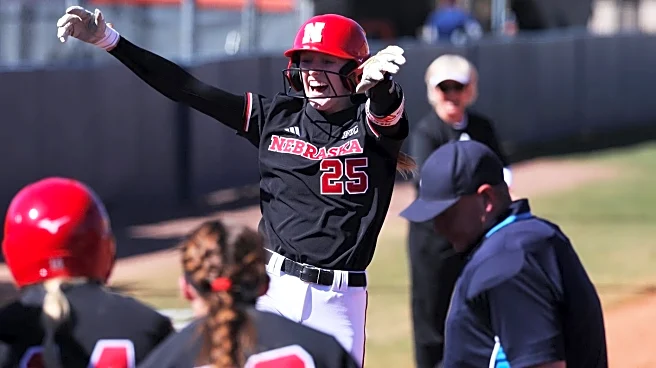What's Happening?
Israeli film industry leaders are speaking out against a growing boycott by international artists and filmmakers, which they argue is counterproductive. The boycott, which has gained nearly 4,000 signatories including high-profile figures like Joaquin Phoenix and Emma Stone, accuses Israeli filmmakers of being complicit in alleged genocide and apartheid against Palestinians. Israeli industry leaders, such as Nadav Ben Simon and Merav Etrog Bar, argue that the boycott undermines those within Israel who are sympathetic to the Palestinian cause and are best positioned to advocate for it. They emphasize that many Israeli films critically address the Palestinian crisis and that the boycott silences voices that could contribute to meaningful dialogue.
Why It's Important?
The boycott highlights ongoing tensions in the Israeli-Palestinian conflict and raises questions about the role of cultural institutions in political discourse. It underscores the challenges faced by Israeli filmmakers who are caught between international criticism and domestic pressures. The boycott could impact the Israeli film industry by isolating it from international collaborations and funding, potentially stifling artistic expression and dialogue. This situation reflects broader debates about the effectiveness of cultural boycotts in addressing political issues and the responsibilities of artists in conflict zones.
What's Next?
Israeli filmmakers and industry leaders may seek to engage in dialogue with international counterparts to address the concerns raised by the boycott. There could be efforts to highlight the critical and sensitive portrayals of the Palestinian crisis in Israeli films to counter the narrative of complicity. The boycott may also prompt discussions within the Israeli film industry about its role in advocating for peace and reconciliation. International reactions and further developments in the boycott could influence future collaborations and the global perception of Israeli cinema.
Beyond the Headlines
The boycott raises ethical questions about the responsibilities of artists and cultural institutions in conflict situations. It challenges the notion of art as a neutral space and highlights the potential for cultural production to influence political narratives. The situation may lead to a reevaluation of how cultural boycotts are used as tools for political change and their impact on artistic communities. It also reflects broader global debates about the intersection of art, politics, and human rights.











